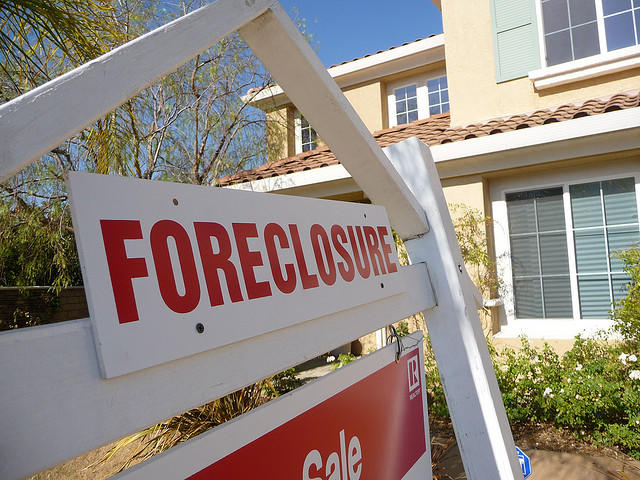
Section Branding
Header Content
New Law Battles Blight
Primary Content

A state law that went into effect on Sunday allows cities and counties to set up vacant and foreclosure property registries. They’re a tool for tracking down owners of neglected properties.
Some municipalities have already established such registries. But the law sets uniform guidelines for fees and fines. And it standardizes what information is required from property owners.
Enforcing registration helps protect people who live near blighted homes from vandalism and lower property values that vacant properties can sometimes invite.
Clint Mueller with the Association County Commissioners of Georgia says the law gives elected officials a handle on a problem that began flaring up with the wave of foreclosures.
“They keep getting calls from constituents to do something about properties that are not being looked after and maintained," he said. "And the first step to address that is to identify who’s responsible for keeping that property up. And if you can’t even make it to that first step in finding out who owns a property, it’s very difficult to do anything about it.”
Cities and counties can charge property owners up to $100 to register a vacant or foreclosed home. The law caps the penalty for not registering at $1,000.
But not everyone thinks the fines are stiff enough.
Ted Goshorn is president of the InTown Macon Neighborhood Association. He says he doesn’t think the new state law is a deterrent.
“Many times the property owners will just ignore the fine and it costs more to take the property owner to court than the city of Macon is willing to spend," he said. "You know, taking the property owner to court will cost more than the fine so even if the city winds up collecting the fine through the court system, it would end up losing money in the process.”
The law defines vacant properties as homes that have been unoccupied and without utilities for 60 days.
Tags: foreclosures, state law, vacant property registry, vacant properties
